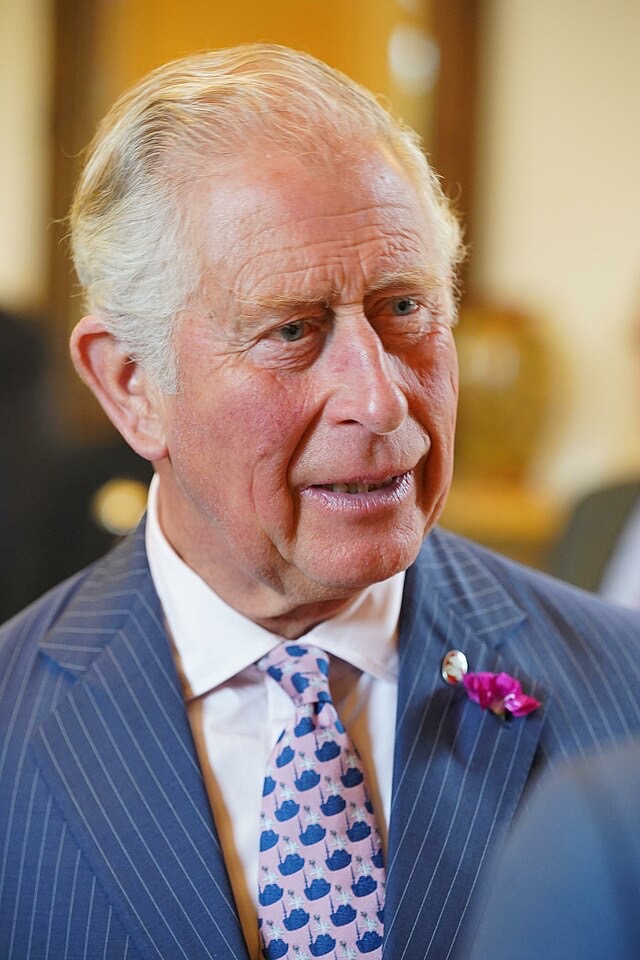In a move that has stirred both admiration and controversy, King Charles III has directly intervened in the political discourse around climate change by sending a formal letter to Secretary of State for Energy Security and Net Zero, Ed Miliband. The letter, which was publicly read aloud during a global energy summit in London, underscores the monarch’s deep commitment to sustainable energy and global cooperation. However, it also raises questions about the constitutional role of the monarchy and whether this marks a departure from royal neutrality.
This royal intervention is being described as a pivotal moment, not only for the UK’s energy agenda but also for the evolving role of the monarchy in the 21st century.
The Unprecedented Royal Message to Ed Miliband
King Charles’s message to Ed Miliband, read out during the Clean Energy Summit in London, called for urgent global cooperation in transitioning toward more sustainable and secure energy systems. The event was hosted in part by the UK government and featured delegates from across the globe, including representatives from the Commonwealth and developing nations.
Although the monarch did not attend in person, his influence was felt strongly through the letter, which was perceived as more than ceremonial. In it, the King applauded international energy cooperation and urged unity in tackling the global climate crisis.
This act, subtle yet symbolic, has been interpreted by many as a soft power endorsement of clean energy policies — a rare step into politically charged territory by a British monarch.
What King Charles Said: A Royal Push for Sustainable Energy
The content of King Charles’s message was clear and powerful. It read:
“As we all navigate the transition to cleaner energy for our planet and energy security for our citizens, summits such as these are vital for facilitating shared learning between nations, particularly those in the global south and across the Commonwealth. Well-managed transitions can lead to more secure and resilient energy systems.”
This carefully worded paragraph reflects the King’s deeply rooted environmental ethos — a passion he has been known for since his time as the Prince of Wales. While not directly endorsing any specific political party or legislation, the King’s message aligns closely with the current government’s green agenda and strengthens international calls for climate action.
Why the King’s Comments Are Politically Significant
The British monarchy is traditionally apolitical — a neutral symbol of national unity. However, King Charles’s latest message has blurred the lines between environmental advocacy and political expression.
His words carry particular weight because they come at a time when climate and energy policies are among the most hotly debated political issues in the UK and globally. By speaking out, even indirectly, the King risks being perceived as influencing policy direction, particularly in the run-up to the next general election.
Critics argue that even well-intentioned advocacy can set a precedent for royal involvement in partisan issues. Supporters, however, believe the King has a moral obligation to speak on issues like climate change, which transcend party politics.
Ed Miliband’s Response at the Global Energy Summit
Ed Miliband, who returned to frontline politics under Keir Starmer’s leadership, was quick to acknowledge the King’s interest and support. He praised the monarch for his long-standing commitment to environmental causes and used the moment to bolster the UK’s position as a leader in clean energy transition.
“It’s clear the King takes a deep interest in the future of our planet, and his message to this summit shows his continued commitment to global cooperation and sustainability.”
Miliband’s presentation of the letter also reinforced his own party’s push toward green energy policies and international collaboration on climate solutions — a central pillar of Labour’s environmental platform.



